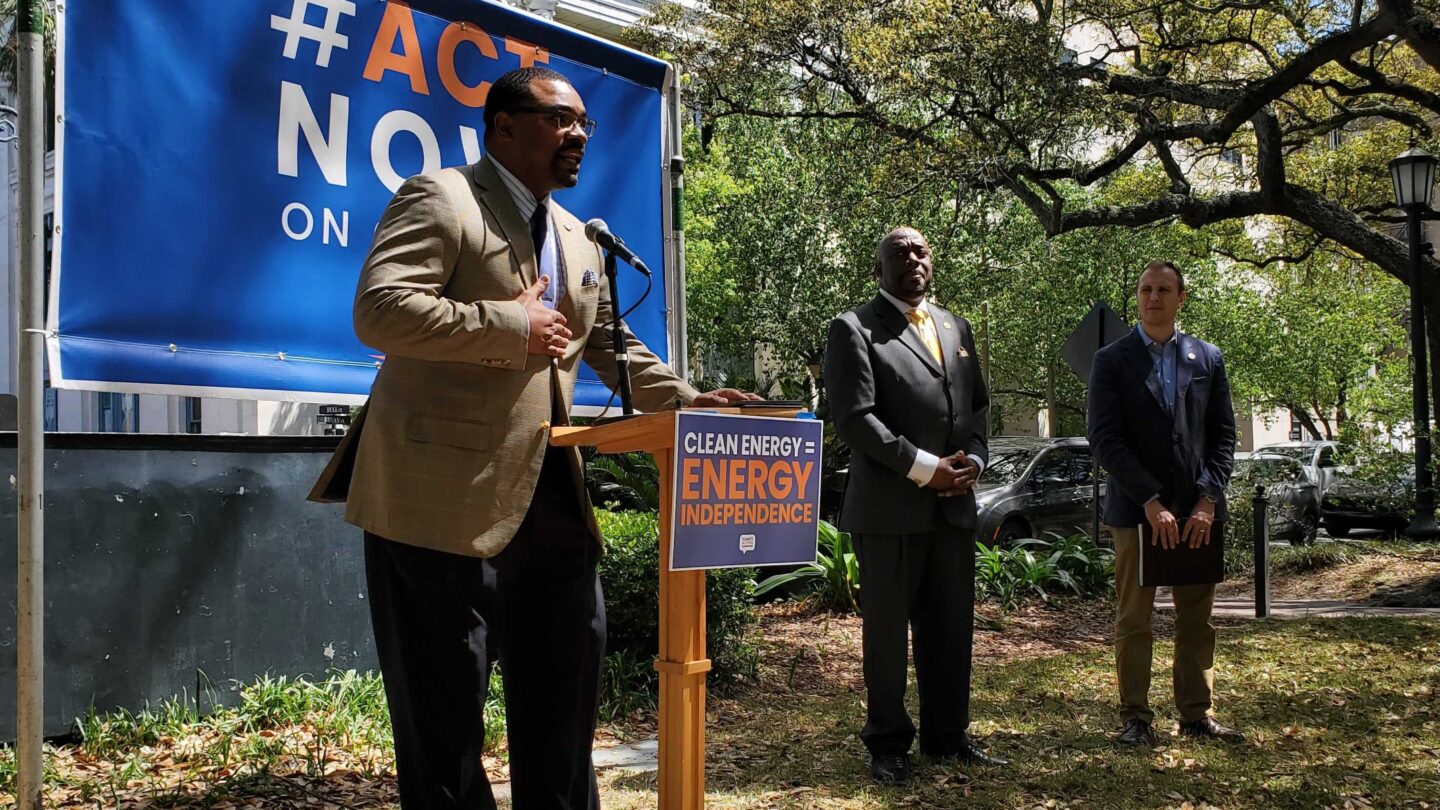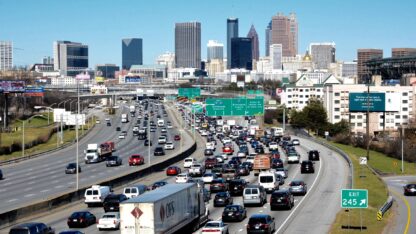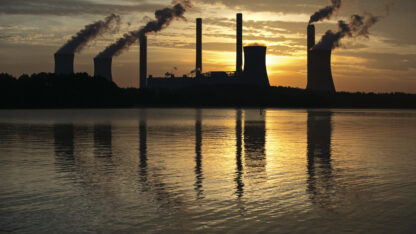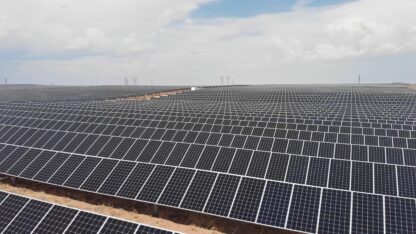Georgia leaders split on calls for energy action

Georgia leaders this week called on the federal government to do more about high gas prices — though they don’t agree on what should be done.
Georgia Attorney General Chris Carr has written to the Biden administration, asking to ramp up oil and gas production in the U.S. to help lower gas prices that spiked after Russia invaded Ukraine.
“I am calling on the Biden administration to immediately increase and incentivize domestic energy production and to insulate consumers from times of volatile gas prices today and beyond,” Carr said in a statement.
He criticized what he called Biden’s “climate agenda” for slowing down production. He pointed to several administration policies aimed at discouraging fossil fuel use and production.
It’s not clear that those policies have had a direct impact on oil production. And because American oil is still part of a global market, drilling more wouldn’t make gas prices suddenly drop.
Meanwhile, a group of coastal Georgia leaders said Tuesday that the answer lies in the opposite direction: more action on climate change.
“Without a rapid transition to clean energy, the U.S. economy and American families will continue to suffer under a volatile and dangerous fossil fuel economy,” said Savannah Alderman Nick Palumbo at a press conference with other local officials.
Investing in renewable energy won’t lower gas prices, either — though advocates argue it would insulate the U.S. from future ups and downs on the global market.
Energy as national security
The coastal leaders positioned clean energy as a security issue, not just because of the volatility of global energy markets and international conflict involving fossil fuels, but because of the risks posed to coastal military bases by worsening climate change.
“Considering that we have a military base right here, when our community is affected by flooding, severe flooding, we are ultimately risking a diminished ability to act when it comes to our military force,” said Chatham County Commissioner Aaron Whitely.
A Union of Concerned Scientists report in 2016 found that more than a dozen military bases, including Naval Submarine Base Kings Bay in Georgia, can expect hundreds of floods a year later this century.
Some military installations have already moved toward energy independence.
In an executive order on clean energy last year, Biden recognized Marine Corps Logistics Base Albany in Southwest Georgia. That base gets its electricity from a local biomass plant and a local landfill gas generator, minimizing its use of the wider energy grid.
That same executive order calls for net zero emissions from federal operations by 2050.
Palumbo and Whitely, along with Savannah Mayor Van Johnson, called on Congress to pass a climate funding bill to help speed the energy transition.
“Extreme weather is a byproduct of climate change,” Whitely said, recalling coastal Georgia’s three mandatory evacuations for hurricanes in recent years. “If we don’t invest in clean energy, right now, we’re doomed to relive the same weather crises.”








